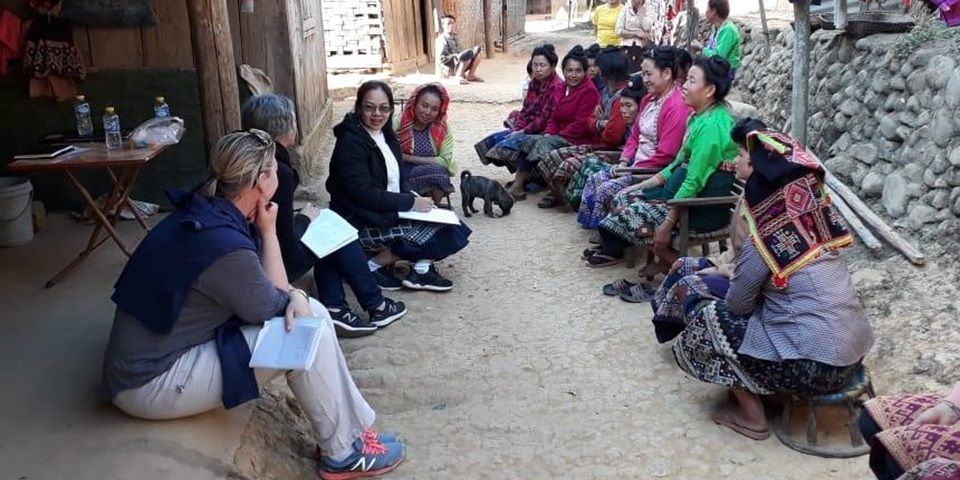News
Expanding One Health research at Murdoch

A Murdoch-led research project has been awarded $1.6 million from the Australian Centre for International Agricultural Research (ACIAR) to reduce the burden of foodborne parasites on public health and livestock productivity.
In countries where meat consumption is high and access to basic sanitation is poor, foodborne parasites can pose a significant threat to the livestock sector and public health.Murdoch University Lecturer in Parasitology Dr Amanda Ash is leading research to better understand the effects of Taenia solium, a tapeworm parasite which is transmitted between people and pigs, on livestock health and production, and human health.
Working with a team including colleagues from Murdoch, CSIRO, the National University of Laos and the Laos Ministry of Health, Dr Ash expects the research will help to inform government policies on biosecurity and disease surveillance in Laos.
Dr Ash explained the project will incorporate a one-health protocol as transmission of this infectious disease includes people, animals and the environment both live in.
“Importantly there is a strong focus on how cultural behaviours can influence the continual infection cycle of this parasite. The transmission of Taenia solium is a serious issue for endemic countries like Lao, where human sanitation is poor, free-ranging pig systems occur and eating raw or undercooked pork is common,” she said.
“For people infected with the larval stage of this parasite, they can develop cysts in the brain leading to significant health issues including epilepsy and sometimes death.”
Dr Ash said the funding from ACIAR will help to map high risk spots of tapeworm-infected people and animals in Laos, and subsequently trial joint human-animal intervention practices within high risk villages and farms.
“These interventions will include treating both humans and animals for parasitic infections, social and behaviour change communications for sustained disease control and economic evaluations to assess feasibility for future upscaling of interventions,” said Dr Ash.
“This project will help to build successful and cost-effective strategies for the diagnosis, treatment and control of Taenia solium and other food borne parasitic diseases in rural communities in Laos.
Ideally, leading to reduced parasitic disease in people and their livestock and an increase in production animal related income.”One Health research at Murdoch seeks opportunities to treat both humans and animals concurrently, with the aim of making a greater impact by breaking the transmission cycle and reducing the environmental contamination.
Dr Ash reiterated how important the research would be in guiding longer term policy for the sustainable management of food born parasitic diseases in Laos and the broader South East Asia region.
“Ultimately, we hope to contribute to broader goals of improved human health and nutrition, more sustainable and profitable animal production, resulting in greater economic resilience and reduced poverty in the target communities.”
Learn more on Murdoch research.